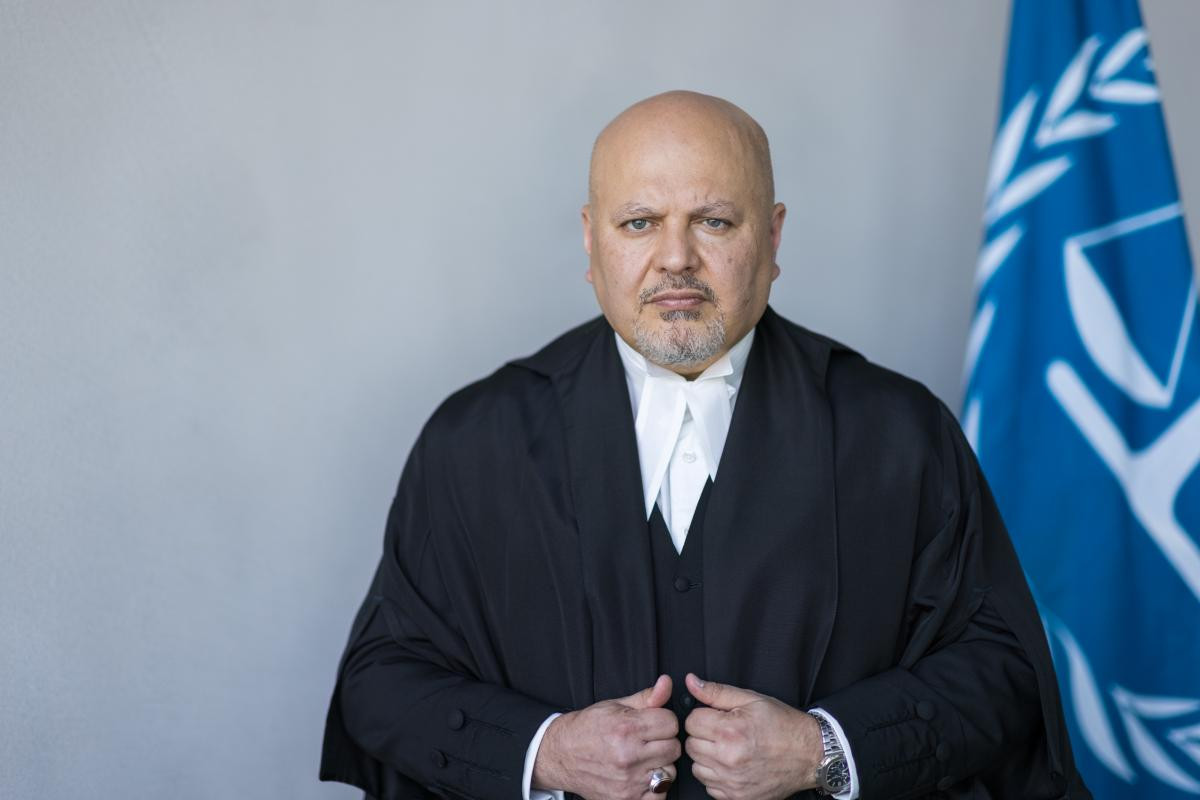ICC Issues Arrest Warrants for Netanyahu and Gallant: A Historic First
The International Criminal Court (ICC) has issued arrest warrants for Israeli Prime Minister Benjamin Netanyahu and former Defense Minister Yoav Gallant, marking a historic first for an Israeli leader. The court accuses them of war crimes committed during and after the October 7, 2023 attacks on Israel. This unprecedented move has sent shockwaves through the international community, triggering fierce condemnations from Israel and its allies, while garnering support from Palestinian groups and some international observers. The warrants allege crimes against humanity and war crimes, including the use of starvation as a method of warfare.
The Charges Against Netanyahu and Gallant
The ICC's statement detailed the “reasonable grounds” to believe that Netanyahu and Gallant bear criminal responsibility for war crimes and crimes against humanity. These include “starvation as a method of warfare,” “murder,” “persecution,” and “other inhumane acts.” The court’s findings cite evidence suggesting intentional actions that deprived the civilian population of Gaza of essential supplies, resulting in suffering and death. The prolonged restrictions on access to humanitarian aid, coupled with a lack of justification under international humanitarian law, form the basis for the war crime accusations.
The ICC's decision also highlighted that these actions were part of a widespread and systematic attack directed against the civilian population of Israel. This conclusion is significant as it establishes a pattern of behavior that falls under the purview of crimes against humanity. The court explicitly stated that the actions were taken against a civilian population, emphasizing the severity of the alleged crimes and the potential implications for international humanitarian law.
The Role of Civilian Superiority
The warrants highlight the potential role of Netanyahu and Gallant as civilian superiors. The court found reasonable grounds to believe that they bear criminal responsibility not only for their direct actions but also for failing to exercise control over forces under their command who might have committed war crimes. This aspect underscores the gravity of leadership roles in instances of armed conflict and the accountability for failures in preventing such violations.
Israel's Response and International Reaction
Israel has vehemently rejected the ICC’s decision, condemning it as “absurd and antisemitic.” The Prime Minister’s office described the court as “a politically biased and discriminatory body,” and asserted the justice of Israel's actions in response to the Hamas attacks. This strong rejection underscores the deep divisions surrounding the conflict and highlights the challenges in reaching a consensus on the legality and morality of Israel's military operations.
The United States, while not a member of the ICC, has also voiced strong opposition to the court’s involvement, with President Biden calling the decision “outrageous.” This rejection from a key US ally has further intensified the international debate surrounding the warrants. The US has a history of conflicting relationships with the ICC, previously imposing sanctions on ICC officials under the Trump administration, only to reverse those sanctions under Biden. This inconsistent approach mirrors the broader international uncertainty around the ICC’s mandate.
The US and the ICC
The actions and pronouncements from both the current and the previous US administrations underscore the complex political dynamics surrounding the ICC's investigation into Israeli actions in Gaza. Furthermore, the fact that some members of the US Congress have threatened sanctions against the ICC reveals a strong partisan divide within the US on how to approach the matter. The ongoing debate surrounding the legitimacy of the ICC's actions, especially given its investigations into the actions of major US allies, underscores the challenges inherent in attempting to universally enforce international law.
The ICC's Jurisdiction and the Future
The ICC's assertion of jurisdiction over the situation in Palestine, encompassing areas under Israeli occupation, stems from Palestine's accession to the Rome Statute. Israel contests this jurisdiction, but the ICC has repeatedly rejected their challenges. This contention regarding legal authority has contributed significantly to the escalating conflict. The question of which legal frameworks apply during conflict continues to be a point of contention, complicating the quest for justice and accountability.
Israel's actions after the October 7th attacks have been the subject of intense scrutiny by international human rights organizations. These groups have raised concerns about potential violations of international humanitarian law during the conflict. The ICC's warrants underscore the ongoing complexities and high stakes involved in balancing military operations with adherence to international humanitarian law during war. The debate surrounding the ICC's role and jurisdiction is unlikely to be resolved anytime soon. The implications extend beyond the immediate legal ramifications and will continue to shape international relations for years to come.
The Unfolding Drama: What Lies Ahead?
The issuance of these arrest warrants represents a watershed moment in international law and the ongoing Israeli-Palestinian conflict. The impact of these warrants, and the ensuing political and legal battles, will be closely watched by nations around the world. The question of whether Netanyahu and Gallant will be apprehended remains unanswered. However, the mere existence of these warrants places significant limitations on their international travel, potentially affecting diplomatic engagement. Whether the ICC’s decision will ultimately lead to justice for Palestinian victims remains to be seen, but it has certainly brought into sharp focus the complex interplay between international law, national sovereignty, and the deeply entrenched conflict in the Middle East.

















